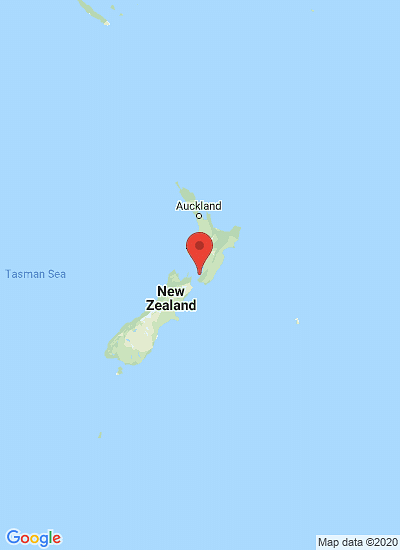The Lincoln University Future Farming Centre head Charles Merfield, centre, among plots of mesh-covered potatoes. Using the mesh could be a way of stopping the psyllids, he says.
Mesh cover highly effective at keeping pests off potatoes, Lincoln University researchers find

In New Zealand, a team of Lincoln University researchers is impressed with the results from a trial of a mesh cover that is used to protect potato crops from insect pests.
The effectiveness of the mesh at protecting potatoes from the tomato-potato psyllid [TPP] was tested in a trial at the Foundation for Arable Research (FAR) field site at Lincoln.
Future Farming Centre head Dr Charles Merfield said the mesh was "incredibly effective."
Charles Merfield, head Future Farming Centre:
"It kept 99 per cent of the psyllids out from under the mesh despite an infested plot of potatoes being just a couple of metres away."
Merfield said if they had dug the mesh cover in there would have been no psyllids at all and it would have offered 100 per cent control.
Charles Merfield:
"It's like a fly screen at home, if you keep the fly screens closed you don't get any flies in the house, end of story, it's that kind of simplicity."
Merfield said the mesh was widely used in Europe, but was not in general use in New Zealand yet, so the exact cost was unknown.
TPP arrived in New Zealand in 2006 and has proved to be a pest for solanaceae crops, including potatoes.
While insecticides are effective for its management, this had caused an unwanted increase in the use of agrichemicals and the option was unavailable to organic growers.
Mesh crop covers were a non-chemical control and had the potential to be a single non-chemical solution to both insect pests and blight on potatoes. A correlation had been shown between a reduction in ultra violet light and potato blight, said Merfield.
As potatoes are the fourth most important food crop globally, with more grown in the developing world than the developed world, the potential global impact of reduced agri-chemical use is considerable.
However, the potato aphid can penetrate the mesh and once inside, its populations explode.
Mesh with sufficiently small holes will exclude immature aphids and appears to modify the under-mesh microclimate resulting in increased yields of potato while improving blight control.
Fine mesh had the potential to control all potato insect pests and blight and increase yield, Merfield said.








